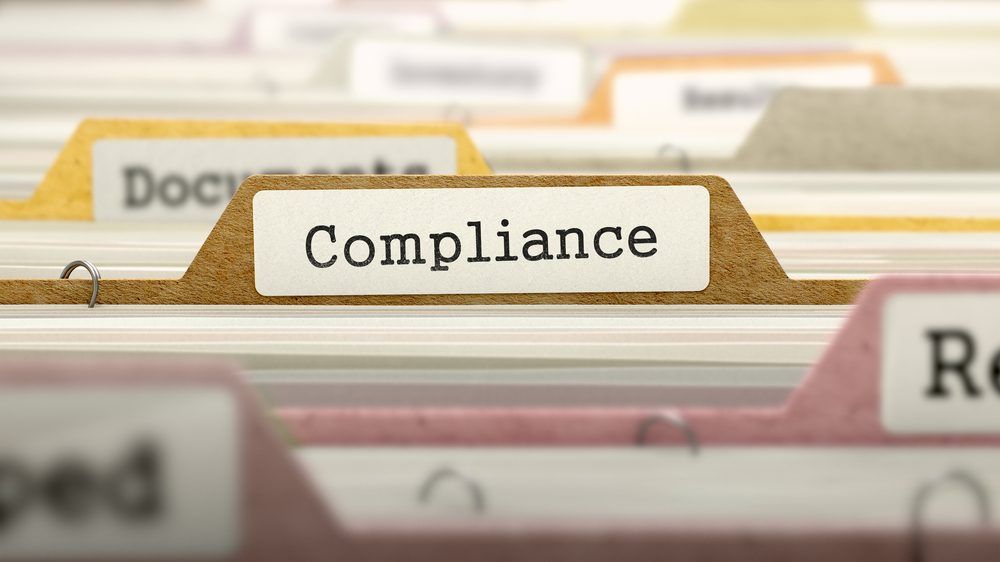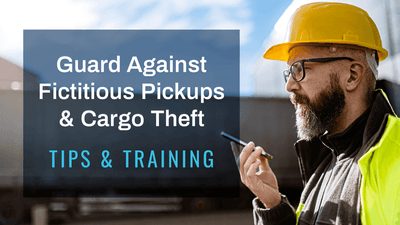November 17, 2016 | Industry Insights
The Importance of Having Compliance Policies & Procedures in Place

In today’s complicated regulatory environment, having compliance policies and procedures in place involving the fiduciary responsibility and actions of senior executives, directors and officers are important for companies to help minimize the potential for loss and head off the possibility of liability and fines. Without clear policies and procedures, a Chief Compliance Officer (CCO) and the company itself could end up paying SEC fines or other regulatory fines even if they were not responsible for any wrongdoing.
For example, as outlined in a recent article in Risk & Insurance (R&I), the former president of a financial advisory and management firm was found to have siphoned money from its customers’ investment funds. The theft was discovered by the CCO of the company who reported the alleged to criminal authorities. The former president was arrested and awaits trial on criminal charges. But, in an unexpected turn of events, the CCO and company were censured and fined by the SEC for not having reasonably designed policies and procedures in place to prevent the theft.
This is not the only time the SEC determined that a CCO’s policies and procedures were inadequate and “at least partly responsible for an organization’s unethical or criminal behavior.” Moreover, it’s not only CCOs in the financial services industry that need to be aware of the potential liability they face. Compliance officers in other industries should be aware that it could be only a matter of time before other federal regulators consider targeting CCOs when company misconduct occurs. According to the R&I article, some experts “speculate that the Foreign Corrupt Practices Act and the False Claims Act are two laws that might ensnare compliance officers in their position between wrongdoing companies and aggressive enforcement agencies.” The Foreign Corrupt Practices Act of 1977 makes it unlawful for certain classes of persons and entities to make payments to foreign government officials to assist in obtaining or retaining business. The False Claims Act is designed to fight fraud against the government.
“There remains a high level of concern on the part of compliance officers,” said Richard D. Marshall, a partner at Katten Muchin Rosenman LLP, in the R&I article. “I think this is spreading into other areas [than those in the SEC’s purview].
Marshall provides a list of prudent actions for CCOs to take in order to protect against liability in the event of company wrongdoing:
- Create a job description and mission statement for the compliance group.
- Document clear lines of supervision within the firm.
- Review the firm’s policies and procedures, including any that are not being followed and why.
- Continue all required compliance testing and reviews, even during emergencies.
- Respond to all red flags of possible misconduct, especially whistleblower reports.
- Escalate all material issues to senior management/board.
- Keep abreast of business practices.
- Get permission to obtain advice from independent legal counsel if there is a disagreement with senior management.
- If action is not taken over serious concerns by management, consider resigning or reporting the action to the SEC.
- Be sure the firm has adequate indemnification and insurance protection.
When it comes to insurance protection to protect a firm and the CCO against liability, review the company’s Directors & Officers (D&O) insurance, which covers wrongful acts depending on the allegation. The parent organization, subsidiaries, directors, or officers, including foreign equivalents, members of advisory boards, board of managers and management committees, employees, and volunteers worldwide can be covered. The key is to discuss the D&O policy available to you, ensure that policy wording addresses the potential exposures and that the limits of liability are adequate. Some fines and penalties are usually uninsurable.
About Roanoke Trade
Roanoke Trade provides end-to-end insurance solutions for transportation and logistics service providers, including D&O. For more information about our solutions, please contact one of our professionals at 1-800-ROANOKE (800-762-6653).
Source: Risk & Insurance













